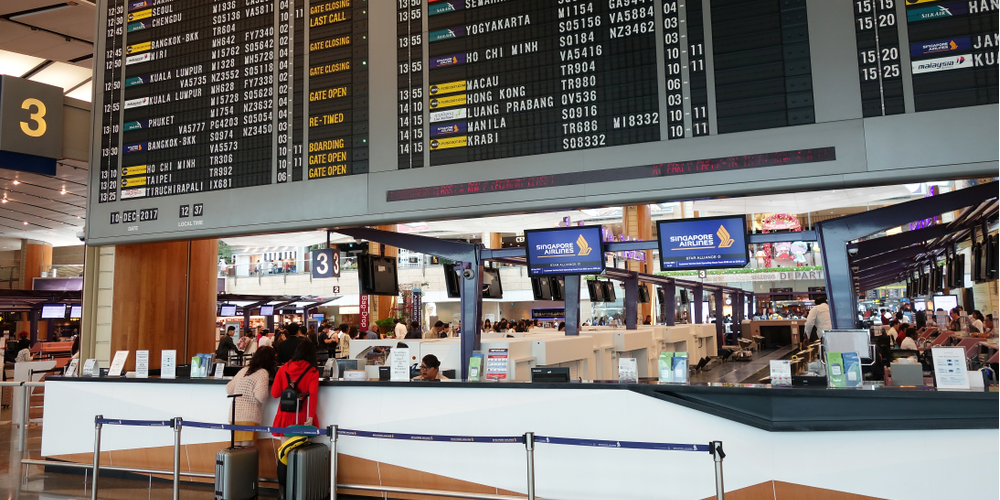An Indian PMET lady submitted a writing to eFinancialCareers.com seeking advice to work in Singapore.
eFinancialCareers is a global financial markets career site for investment banking, asset management and securities professionals, operated by DHI Group, a US public listed company that operates a network of global job search and news websites.
The Indian lady said she is a “mass-affluent banker” – a relationship manager – currently working for ICICI in Mumbai. However, as her husband would be relocating to Singapore soon, she would be accompanying him to Singapore, hoping to get a job for herself here too.
“I pushed my husband to take the transfer partly because I thought it would be fairly straightforward for me to get one or two initial interviews underway, or at least start talking with a few recruiters in my field. While I knew I was unlikely to land a job all the way from India, I thought I could get the wheels in motion,” she said.
She thinks that she will have a good chance to get a wealth management job in Singapore banking industry because of “strong demand for talent in priority/privilege banking” and she knows “many RMs from India and other foreign countries are already working in the field in Singapore”.
“Unlike most overseas applicants, I’m fully committed to living in Singapore – we’ve already found an apartment there and my Dependant’s Pass visa is already approved. I’m hardly what employers would call a ‘flight risk’,” she added.
“I have a decent CV, and am fairly experienced – I’ve been in banking since 2009.”
She revealed that some weeks ago, she began searching for recruiters in Singapore who deal with banking RM jobs.
“I then contacted 12 of them via Linkedin messages or email. So far none of them have even responded. Next week I’m going to follow up with phone calls, but the initial silence suggests this won’t make much difference,” she said.
“I’m just hoping that when I actually land in Singapore, I’ll be able to speak to recruiters, because they’ll see that I’m ‘on the ground’. I think emails from overseas get deleted or ignored almost by default. On the other hand, perhaps when I do speak to them, they’ll tell me that the job market isn’t great for non-Singaporeans. I’ll just have to wait and see!”
It turns out that she has some ex-colleagues previously working in India, who are now working in Standard Chartered and CitiBank in Singapore.
She revealed, “So far the only people in Singapore who’ve said they’ll meet me are ex-colleagues of my current ICICI workmates – RMs from India now at Standard Chartered and Citi in Singapore. But even they are reluctant to say much until I’ve arrived.”
She said that in the long term, she wants to move from mass-affluent banking to private banking. “Singapore is the wealth hub of Asia, so it’s a far better place than India to make this career move – and many Indian bankers have made the transition a few years after shifting to Singapore,” she added.
“If I achieve my career goal, I’ll get to work on better products and – more importantly – I’ll be making more money. It’s this prospect of being able to earn a lot more in Singapore that is keeping me optimistic about my relocation, despite the unexpected initial setbacks in my job search.”
Interestingly, someone in the thread gave her this advice, “Here’s an idea… Get your ex-ICICI buddies working at StanChart etc to engineer a voluntary resignation of a local staff, and then fill you in that job. Many subcontinentals have gotten jobs in Singapore this way for decades… It’s tried and true!”
What advice would you give to this Indian PMET lady for her to get a job in Singapore’s banking industry?
Subscribe
Login
0 Comments








